Since its launch in 2004, Facebook has been in the news almost every day. Its most recent milestone occurred a couple of weeks ago when Facebook reached one billion active users in a single day. That is a mind-boggling statistic, however I do not believe it tells the full story about what is happening with Facebook.
I have spoken about Facebook many times in the past on this blog, particularly about the poor performance from Facebook Ads. In this article, I do not want to talk about Facebook from an internet marketing point of view. I want to talk about it from a user’s point of view.
Last year I deactivated my Facebook account as I had grown sick of it. I found it to be a complete waste of my time and energy. I recently had to reactivate my Facebook account because people from my martial arts club organise training sessions and keep everyone up to date via a private Facebook group. I was reluctant to do this at first, but I did not really have a choice.
I never missed Facebook when my account was deactivated and after a few weeks of using the service again, I remember why. My account was deactivated for around nine months so I feel like I am viewing Facebook with a fresh pair of eyes.
In this article I want to talk about what I believe the main problems are with Facebook from a user’s point of view. I want to explain why I do not enjoy using the service in the same way I did many years ago.
As you shall see, many of these problems are caused by Facebook users themselves and not by the developers behind the scenes.
1. Facebook Users Befriend People That Are Not Friends
When I first started using Facebook, I befriended close friends and a few old school friends I had lost touch with. I have never published anything too private online, but I enjoyed Facebook as it allowed me and my friends to share private jokes and funny stories etc.
One of the biggest mistakes to make with social media services is to befriend too many people. I am guilty of this as much as the next person.
It is difficult not to fall into the trap. You start off with your close friends and before you know it you are friends with people you have only met once or twice. To this day I get friend requests from people I do not know because we have some friends in common (which seems bizarre to me).
I recall having around 50 friends on Facebook and then around 80. It then creeped up to around 120 people. Today, the number stands at 322. I find this to be way too much so I need to take a step back and purge people who I am not close friends with. The funny thing is that 322 friends on Facebook is not too high. Younger people regularly have over one thousand friends because they grew up with Facebook, but I know some people my own age that have as many.
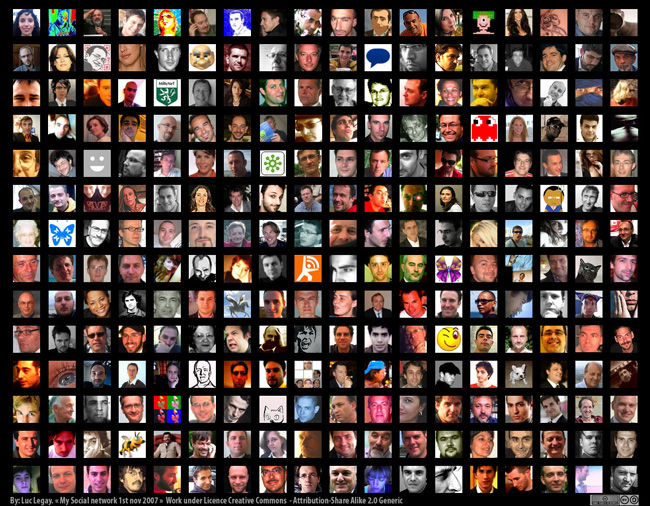
Having too many friends means that your feed is going to be busy, however Facebook have done a good job recently of hiding post updates from people that you rarely connect with.
The main problem I see is privacy. I feel reluctant to share stories and thoughts in the way I used to years ago because I know acquaintances can see those posts too.
To help resolve this problem, Facebook introduced a system in which you can designate who can see your posts.
When you post a status update, you will see an option to see who views it. You can choose between public, friends, and lists such as family, people from a certain area etc.
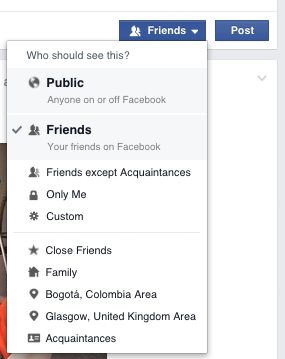
Facebook users can be assigned as a close friend, an acquaintance, or to a new list you create.
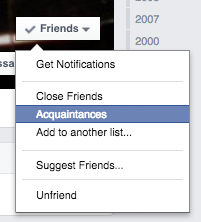
You may be wondering why the hell I am complaining if Facebook has provided controls to stop post updates being seen by particular people.
One reason is that all of these options were added years after Facebook was launched. Therefore, in order to assign my friends, I would have to go through hundreds of people. Categorising so many people is difficult and a major pain in the ass (e.g. How do you define how good a friend is?).
I find that I use the private messaging system of Facebook more than I actually post updates to my profile. Perhaps that is telling.
But if I am honest, over the last couple of years Facebook has really improved their privacy controls. I can review requests to tag me and define who sees my content. The main problem is that most Facebook users do not take advantage of these controls. I regularly see friends complain about things being shown to others they did not want; whether it be a relationship status change being displayed to others or being embarrassed about a post they liked showing on a friend’s home feed.
While this problem is related to privacy, I do feel that the big problem is that Facebook users are friends with people they are not really friends with. We really only have ourselves to blame for that.
The best way to resolve this is to start reviewing the people in your friend list and remove people who are not really friends. If you do not want to lose touch with these people completely, you can assign them as an acquaintance.
2. Facebook Users Share Terrible Content
My Facebook home page is no longer full of updates from friends. The vast majority of posts I see now are people sharing articles they have found online.
It was perhaps inevitable that this would happen when social media replaced email as the way people share content online. The problem is that the content being shared is really poor.
Every article has a “Click Bait” title that is designed to make people click the link and visit a website. They normally begin with something like “You will never believe…” or “They never expected…”. A featured image is attached that entices people to click on the article.
Very few original articles are shared. The article usually contains a couple of sentences with a YouTube video displayed underneath or a gallery that displays one image per page (this leads to higher page impressions because content is spread over multiple pages). A large volume of banners and advertisements surrounds the content on each page.
What really annoys me is that people do not share YouTube videos directly. Instead, they share a page packed with advertisements that happens to display the video.
Here is an example of this. The other week someone shared a video on my Facebook page entitled “Here Is One Girl You Don’t Wanna Mess With! Hoodlums Attacked A Female Kung-Fu Master, And…“.
You can see from the screenshot below that there is little to the page. There is simply a description of the video, the video itself, advertisement banners, and then links to other articles at the bottom.
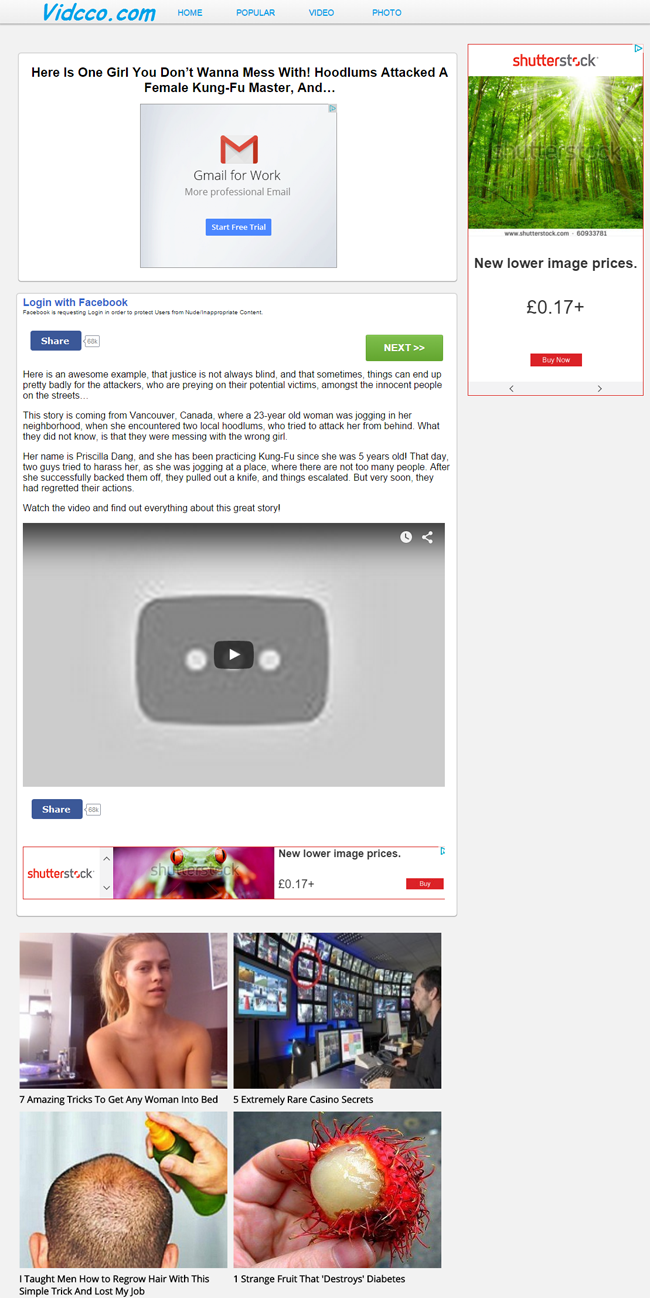
Unfortunately, everything on the page is restricted.
If you try to view the video, or even copy text, a pop up will generate asking you to sign in to Facebook and pass on your personal details to the website owner. If you do not do this, you will not be able to view the content.
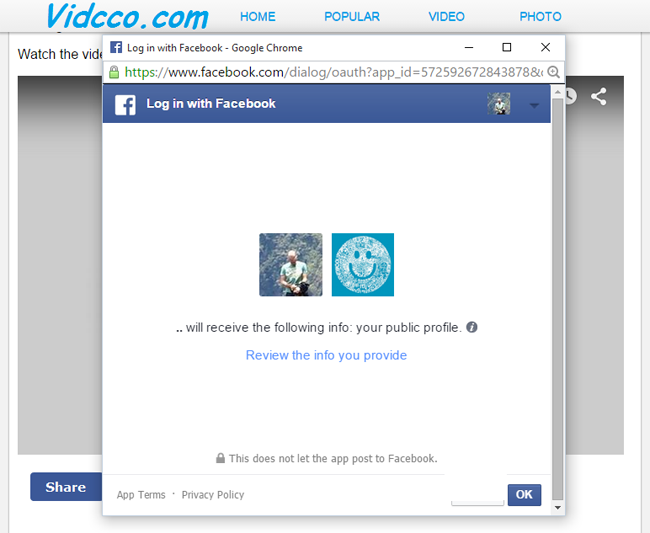
Website owners use Facebook in this way to sneakily encourage more shares. They can force users to like their page or even share the page to your profile in order to view the video.
It is worth remembering that the content is not even theirs. They are hiding a video created by someone else that can be viewed free on YouTube.
From time to time, there will be some good stories being shared by friends, however most of the ones I see are poorly written, filled with ads, and stolen from others.
3. There is too Much Content Being Shared
The quality of content being shared is not the only issue. The other issue is the volume of content being shared.
When I log into Facebook, my home feed is full of articles being shared. It usually accounts for more than half of the updates displayed.
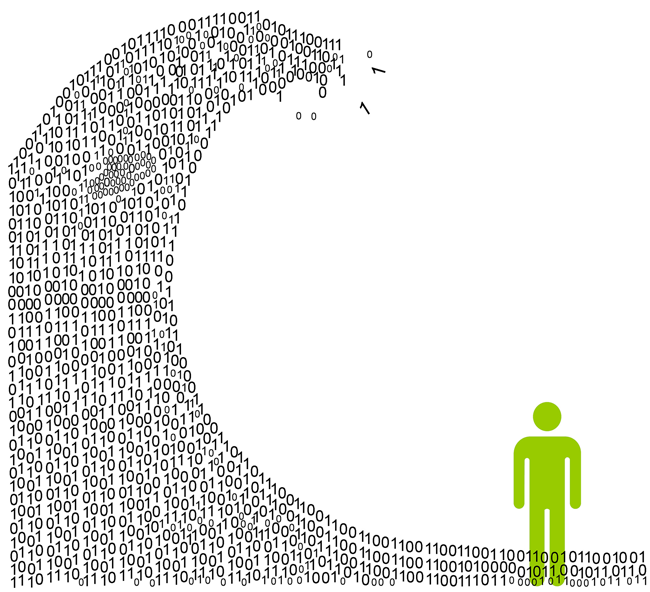
Neither the content being shared, or the volume of content being shared, is the fault of Facebook.
It is a reflection of the people who use Facebook and the way they use the internet.
Many Facebook users are not as internet savvy as me and you. If they see something they find funny or interesting, they will share the page. They will not think twice to like or share a page if it means they can view content. Nor do they know or care whether the content was original.
Facebook users will also like just about any page. I have good friends who have liked pages ranging from Pizza Hut to BP Oil to general manufacturing companies. It seems like that if any page pops up on their Facebook home feed, they will click the like button.
This willingness to like and share almost anything is one reason why there is so much crap being posted on Facebook today.
Facebook recognise the issue of content overload and have introduced controls to help users hide content they do not like. You can choose to see fewer posts of that kind, unfollow the friend who posted it, or hide everything from the page or website that the article was shared from.
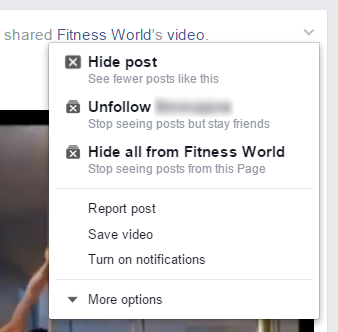
I frequently choose not to see content from a particular website or page. Despite this, my home feed continues to fill up due to the sheer volume of content being shared.
This high volume of content being shared can be overwhelming and greatly affects the experience of using Facebook.
4. Facebook Does Not Protect Content Creators
The owners of Facebook, and the people who use Facebook regularly, do not care where content cares from.
There are little to no controls in place to stop people from sharing content that others spent a lot of time creating.
Take videos, for example. I have seen many video creators complain about the fact that pages are not sharing their videos directly. Instead, they are downloading their videos and uploading them as their own.
This means that the video creator will receive no income for a video that they could have spent weeks or months recording. It is not uncommon to see a video shared on Facebook without permission gaining more views than the original video that was published on YouTube. I can relate to how frustrating all of this is for video creators.
As I noted earlier, there are many websites which simply publish YouTube videos with little more than a one line description. If a video creator allows their video to be shared on external websites, they can see a large increase in views and a subsequent jump in rankings if the video was shared on a high traffic website. Though I am positive click-through rates drop because of the number of ads on the page and they would see and increase in revenue if users simply shared their videos directly from YouTube.
The most effective ways to generate likes and traffic through Facebook is to post shareable content. One of the reasons people share so much content now is because page owners purposely post updates that people will like and share.
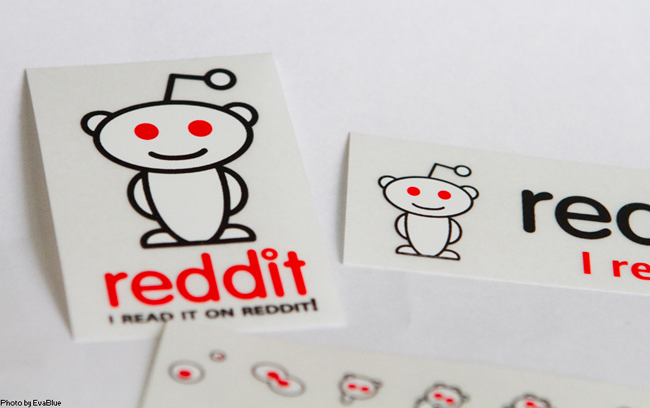
The big problem is that there are many Facebook page owners who repackage content as their own. For example, when they steal a video from YouTube, they will upload it to Facebook with their own logo and URL displayed on it as an overlay. They do this to help brand their website or page, but they also do it to stop others stealing their content (oh the irony!!!).
This year I have started reading Reddit regularly on my phone and tablet using the Android app Reddit is Fun.
Once you start using Reddit regularly, you realise that everything on Facebook is stolen from there. 99% of the content I see shared on Facebook was uploaded to Reddit weeks before. The only difference being that many images and videos have been watermarked to suggest the content was original.
It is not just images and videos that are taken from Reddit. Stories are too. Most of the stories and interesting articles you find through Facebook were originally uploaded to Reddit. You probably haven’t noticed this as few websites actually give credit to the original source they took the content from.
Facebook needs to be more proactive about protecting content creators. They need to protect the people who are spending days and weeks creating original articles, images, and videos.
5. The Facebook Applications are Invasive
One of Facebook’s features I do like is private messaging. It is a great way to quickly message friends who are online and friends in which I have not exchanged mobile numbers.
However, I do not like that Facebook force you to download their messaging application in order to access your messages on your phone or tablet. You cannot access your messages through the default Facebook app unless you download the messaging app (the only other alternative is to use your mobile browser, but that is slow and clunky).
This is highly annoying as I would prefer everything to be centralised in one application.
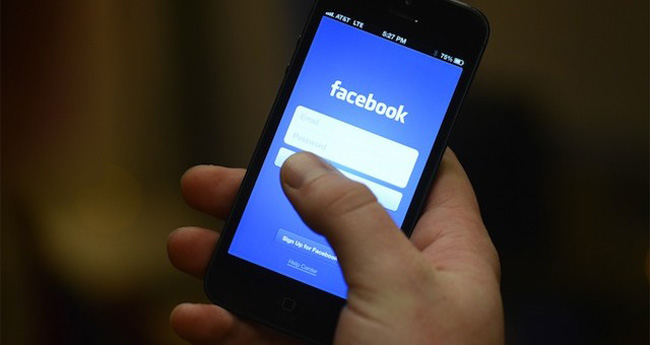
Mark Zuckerberg’s previous motto for Facebook was “Move Fast, Break Things”.
While I am sure this was used to encourage Facebook staff to be innovative, I cannot help but think that with their messaging system they were simply breaking something that was already working.
Clearly, Facebook wanted their users to use their messaging application by any means. From a user’s point of view, I see no reason why they could not have continued to allow users to message through the default messaging application and offered the dedicated messenger app for those who wanted the extra bells and whistles.
Unfortunately, a company of Facebook’s size is able to force its own agenda, even if its users did not want to follow it.
What Say You?
I hope you have enjoyed my long rant about the problems I see with Facebook today.
Facebook is something that is designed to draw you in and keep you using it regularly. I have recently been sucked back into the world of Facebook, but I am already growing weary of it.
At its core, Facebook is no different to any other online service. It is simply a tool. Unfortunately, most of us are using the tool in the wrong way. This viewpoint is, of course, subjective. Facebook means different things to different people. For me, it remains more of a nuisance than anything else, but it is something that I need to use for the time being.
What do you like or dislike about using Facebook?
Please share your opinion in the comment area below.
Thanks for reading.
Kevin
